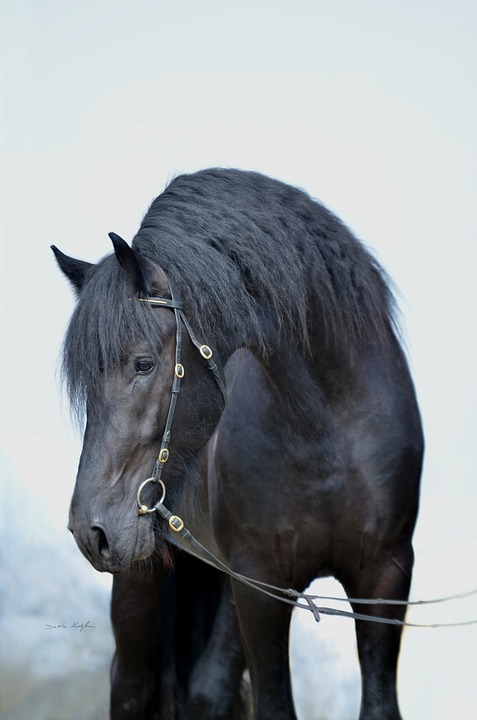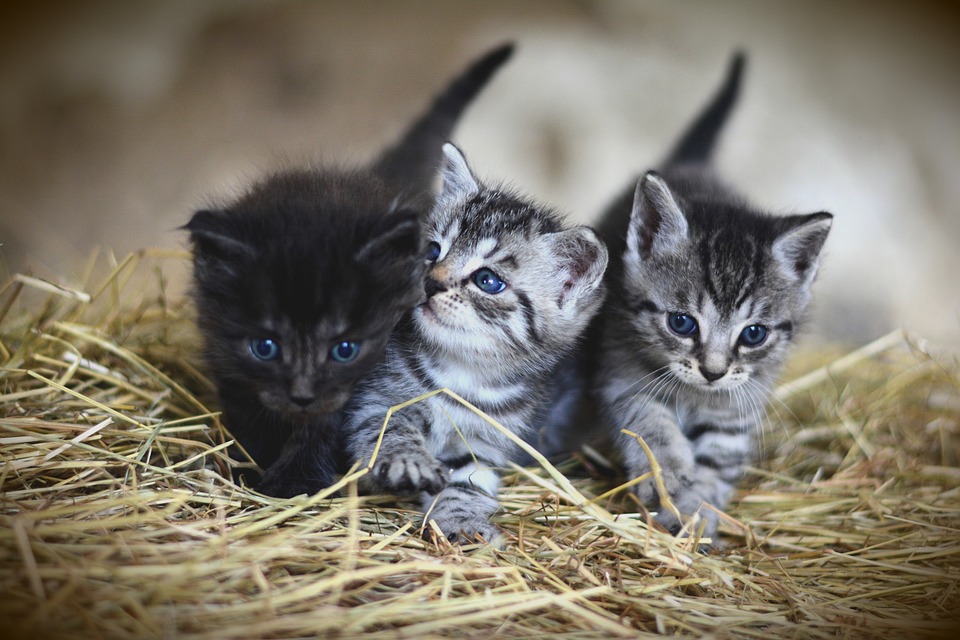Equestrian Is Having an Uncomfortable Moment. Its Olympic Horses Are Not.
Equestrian sports have long been a staple of the Olympic Games, showcasing the bond between horse and rider in disciplines such as dressage, show jumping, and eventing. However, recent controversies have cast a shadow over the sport, raising concerns about the welfare of the horses involved.
One of the most pressing issues facing equestrian sports is the use of rollkur, a controversial training technique that involves hyperflexing the horse’s neck to achieve a desired head position. Critics argue that this practice is harmful to the horse’s physical and mental well-being, leading to tension, discomfort, and even injury. Despite efforts to ban rollkur in competition, it continues to be used by some riders and trainers, sparking outrage among animal welfare advocates.
In addition to the controversy surrounding rollkur, equestrian sports have also come under scrutiny for the use of restrictive equipment such as tight nosebands and harsh bits. These tools are often used to control the horse’s movements and maintain a certain level of obedience, but they can also cause discomfort and pain if not used properly. As awareness of equine welfare grows, there is increasing pressure on riders and officials to prioritize the well-being of the horses over competitive success.
Despite these challenges, the Olympic horses themselves are not the ones causing discomfort. In fact, the welfare of the horses competing in equestrian events is closely monitored and regulated to ensure their safety and well-being. From regular veterinary checks to strict rules on training methods and equipment, the welfare of the horses is a top priority for organizers and officials.
In recent years, there has been a push for greater transparency and accountability in equestrian sports, with organizations like the FEI (Fédération Equestre Internationale) implementing stricter regulations and guidelines to protect the welfare of the horses. This includes measures such as banning certain training techniques, increasing penalties for rule violations, and providing education and support for riders and trainers.
As equestrian sports navigate this uncomfortable moment, it is clear that change is needed to ensure the welfare of the horses remains a top priority. By promoting ethical training practices, enforcing strict regulations, and fostering a culture of respect and compassion for the animals, the sport can continue to thrive while upholding its commitment to animal welfare. Ultimately, the Olympic horses deserve to be treated with the same care and respect as any other athlete, and it is up to the equestrian community to ensure their well-being is always put first.





